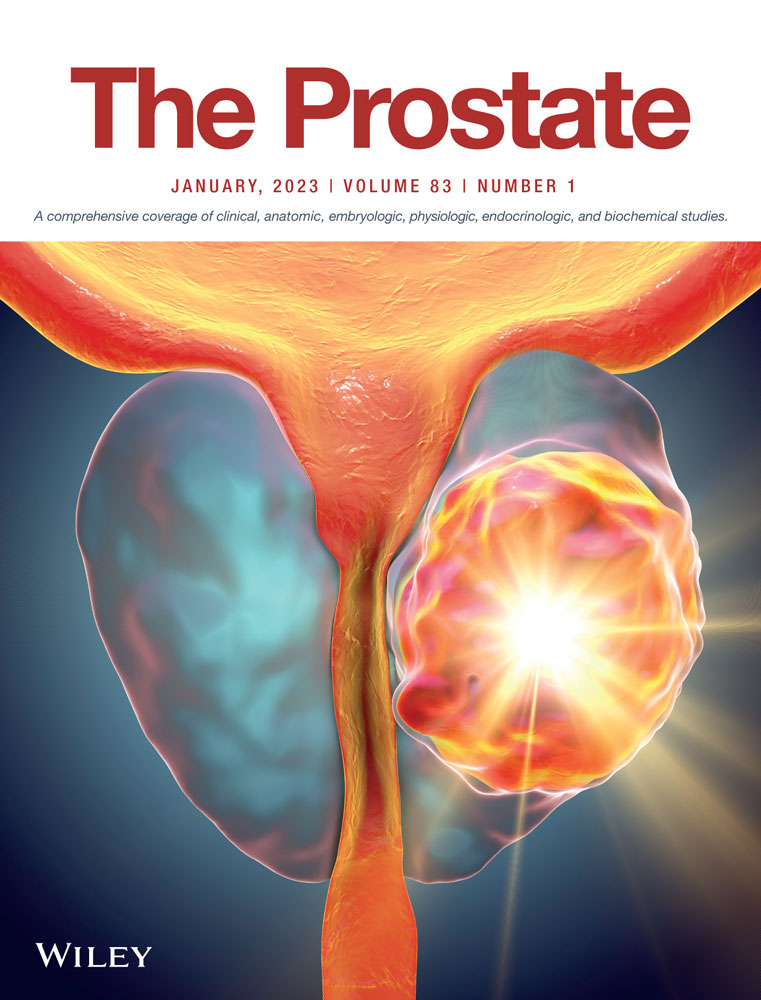Application of European-specific polygenic risk scores for predicting prostate cancer risk in different ancestry populations
Xiaohao Ruan and Da Huang contributed equally to this work.
Abstract
Background
Polygenic risk score (PRS) has shown promise in predicting prostate cancer (PCa) risk. However, the application of PRS in non-European ancestry was poorly studied.
Methods
We constructed PRS using 68, 86, or 128 PCa-associated single-nucleotide polymorphisms (SNPs) identified through a large-scale Genome-wide association study (GWAS) in the European ancestry population. A calibration approach was performed to adjust the PRS exact value for each ancestry. The study was conducted in East Asian (ChinaPCa Consortium, n = 2379), European (UK Biobank, n = 209,172), and African American (African Ancestry Prostate Cancer Consortium, n = 6016).
Results
Individuals with the highest PRS (in >97.5th percentile) had over 2.5-fold increased risk of PCa than those with average PRS (in 40th–60th percentile) in both European (odds ratio [OR] = 3.79, 95% confidence interval [CI] = 3.46–4.16, p < 0.001) and Chinese (OR = 2.87, 95% CI = 1.29–6.40, p = 0.010), while slightly lower in African American (OR = 1.77, 95% CI = 1.22–2.58, p = 0.008). Compared with the lowest PRS (in <2.5th percentile), increased PRS was also associated with the earlier onset of PCa (All log-rank p < 0.05). The highest PRS contributed to having about 5- to 12-fold higher lifetime risk and 5–10 years earlier at disease onset than the lowest category across different ancestry populations.
Conclusion
We demonstrated that European-GWAS-based PRS could also significantly predict PCa risk in Asian ancestry and African ancestry populations.
CONFLICT OF INTEREST
The authors declare no conflict of interest.
Open Research
DATA AVAILABILITY STATEMENT
Data used in this research are publicly available to qualified researchers on application to the UK Biobank (www.ukbiobank.ac.uk) and the dbGaP (www.ncbi.nlm.nih.gov/projects/gap/; ID: phs001391. v1. p1).




